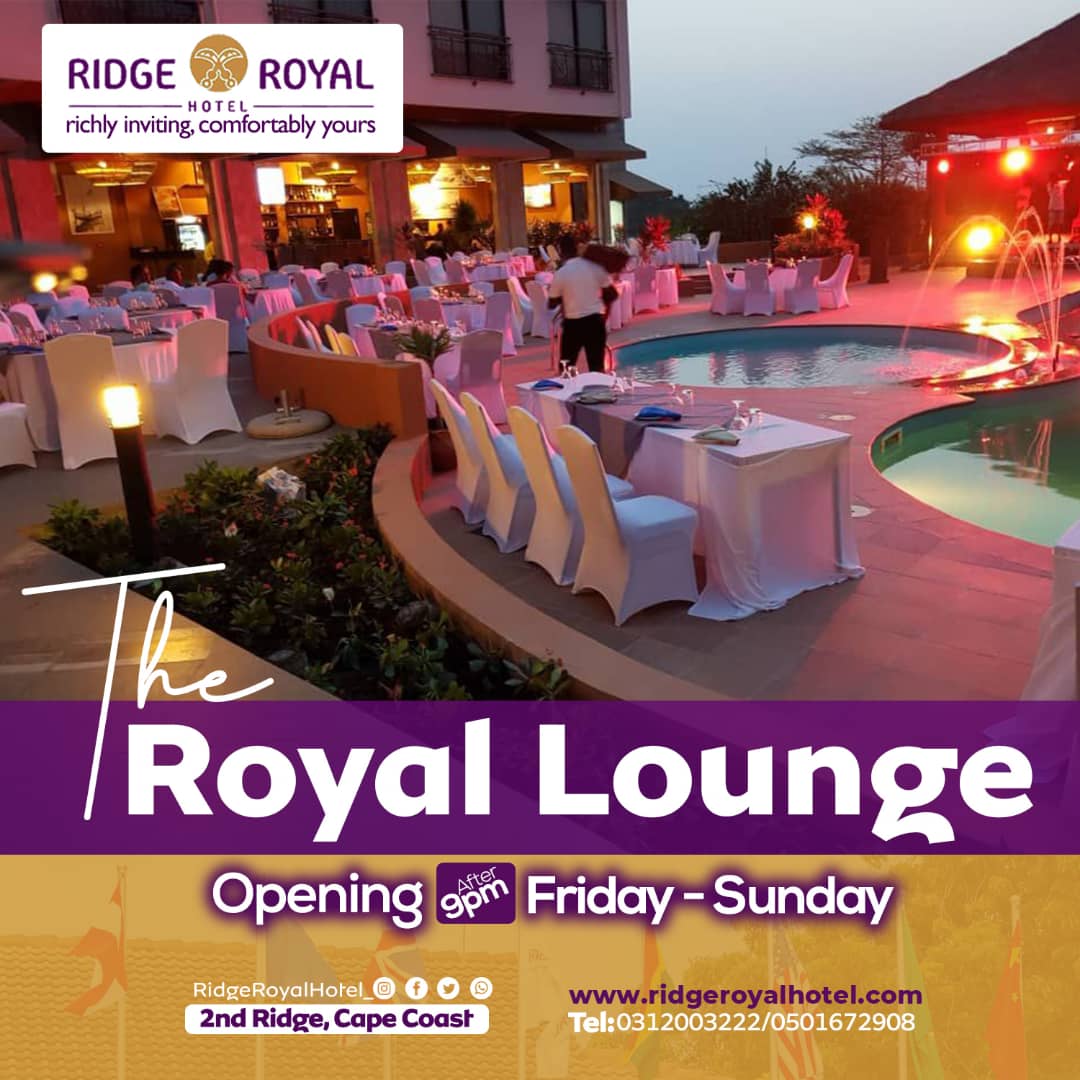|
Getting your Trinity Audio player ready...
|
An executive of Stanbic Bank Ghana, Mrs. Dinah Kaleo-Bioh, has observed that running educational enterprises in the era of the covid-19 pandemic has become very expensive as a result of challenges the disease poses.
Madam Dinah who is the institution’s Head of Client Coverage, Corporate and Investment Banking, said the pandemic has forced most schools, particularly, tertiary institutions to invest more in IT infrastructure to stay on top of issues and also run training programmes at high cost for staff to be abreast with these new technologies.
“The investment into these new technologies alone can be crippling many an institution. Tertiary education has moved into the realm of what I call marketization; by this I mean tertiary institutions have become fully functional corporate bodies that aim at providing quality services, ensuring growth on both the top line and the bottom line with an improved social image to attract the best students” she said.
The Stanbic Bank Ghana executive made the observation when she was delivering the keynote address at the 13th congregation of the Garden City University College in Kenyase-Abirem. She was speaking on the theme: “Post covid-19 and the educational enterprise: innovative strategies to stay in business.”
According to her, there was the need for educational institutions to strategize not just to stay afloat, but to be resilient and sustainable, irrespective of the storms in the business environment.
“These strategies will need to be diverse enough to attract the attention of parents and students. I want to call this “The Student Centricity Model.”
“This model puts students at the centre of whatever decision the school takes. How do we get our paymasters, in this case, our students and prospective students to choose GCUC over other universities, and what are the strategies to ensure growth on all lines?
“Virtual learning is now the way to go and I must admit that though some programmes still need physical presence, it is now more of another option than the previous case when that was the norm,” said Madam Dinah.
She said while all universities in the world were going virtual, many Ghanaian universities seemed stuck with the old methods which were not competitive and could ensure growth.
In address, the president of GCUC, Professor Edward K. Asante, announced that the college has received accreditation from the National Accreditation Board of the Ghana Tertiary Education Commission to start running its Masters of Science (MSc) in Midwifery programme.
The programme which is research-based for a period of two years would be affiliated with the University of Calabar in Nigeria.
GCUC, thus became the first tertiary institution in Ghana to run a post graduate course in Midwifery.
Prof Asante said the programme would kick off in February 2022.
Commenting on the year under review, he said just like most economies in the world, the educational sector was also yet to recover from the Coronavirus pandemic and its effects.
He said the pandemic has changed the old way of doing things and challenged everyone to think out of box in order to remain relevant in the system.
Accordingly, he said the university has invested in its Information Technology (IT) infrastructure to enable it to run virtual teaching and learning programmes.
“I thank the University College Community for their resilience and adaptability. When COVID-19 struck and disrupted learning, we managed to adapt fast to the use of technology. The trends for the delivery of teaching and learning in higher education institutions will continue to shift towards the use of technology,” he said.
He said the university has made a firm decision to invest more resources in technology to support teaching and learning and has embarked on preparing lecturers and students for asynchronous learning.
“Asynchronous learning will expand access to education and accord flexible schedules to busy professionals who want to continue with education amidst other competing activities,” he added.
In all, a total of 676 students graduated from the university with 70 of them obtaining First Class honours.
Out of the number of the graduates, 471 were females while 205 were males with the majority of them coming from the Faculty of Health Sciences.








